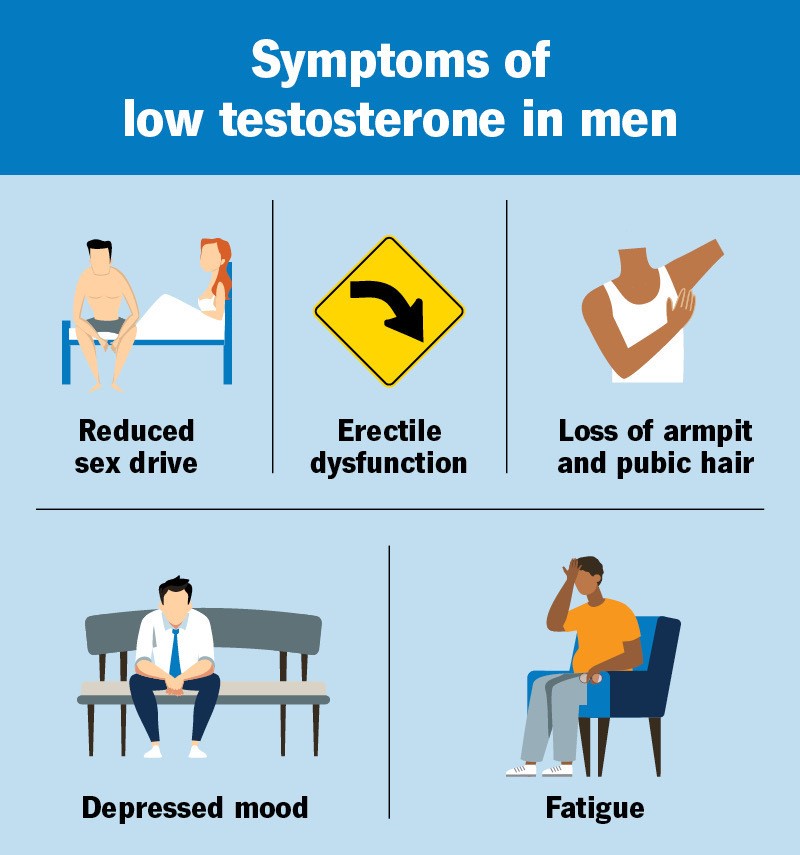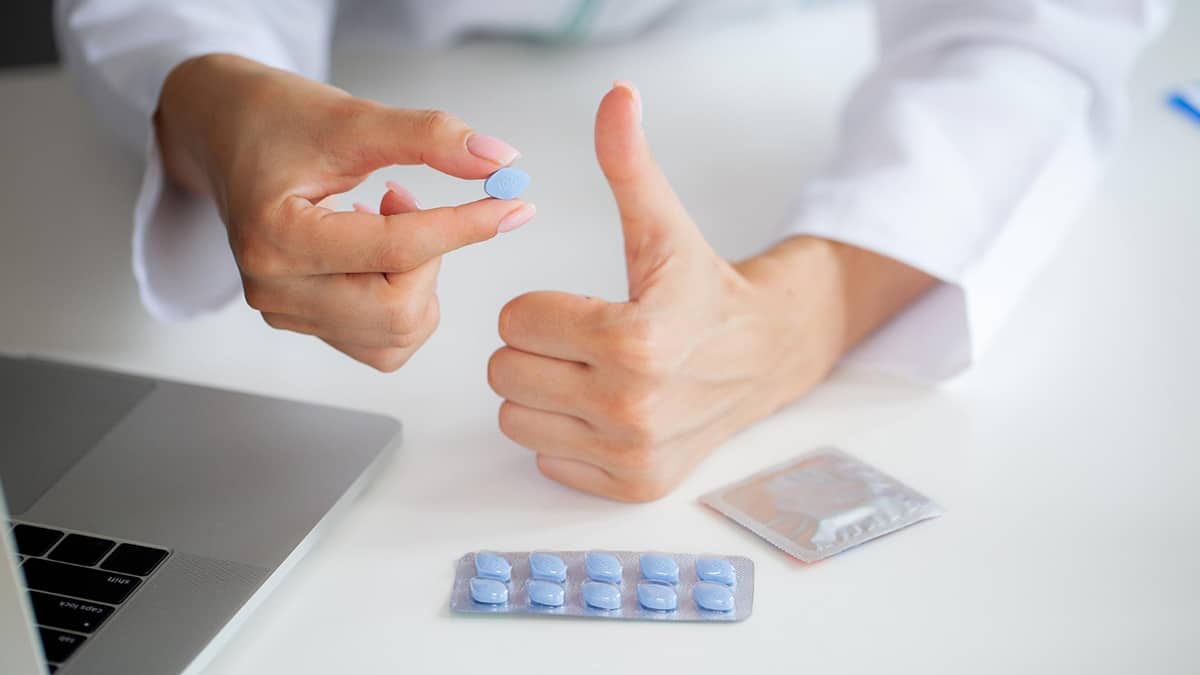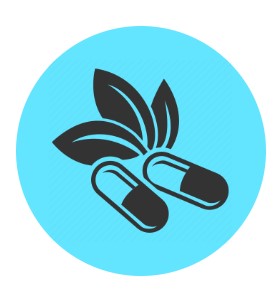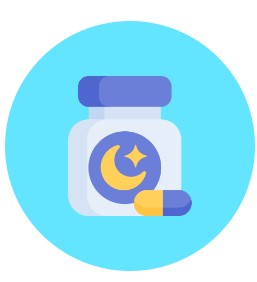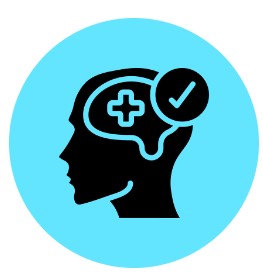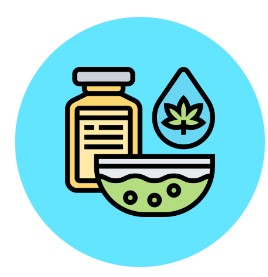Low testosterone, or low T, is a condition that affects many men, often leading to a range of physical and emotional symptoms. Recognizing the signs early can help you take proactive steps toward improving your health and well-being.
5 Signs of Low Testosterone
- Fatigue
- A significant drop in energy levels is one of the most common symptoms of low testosterone. If you find yourself feeling unusually tired or lacking motivation, it may be time to evaluate your testosterone levels.
- Mood Swings
- Low testosterone can affect your emotional health, leading to mood swings, irritability, or feelings of sadness. If you notice changes in your mood that seem out of the ordinary, this could be linked to hormone levels.
- Reduced Muscle Mass
- Testosterone plays a key role in building and maintaining muscle mass. A noticeable decrease in muscle strength or size may indicate low T levels, especially if you are not experiencing a change in your exercise routine.
- Low Libido
- A decreased interest in sexual activity is one of the hallmark signs of low testosterone. If you find that your libido has significantly dropped, it might be worth discussing with a healthcare professional.
- Difficulty Concentrating
- Cognitive functions such as focus, memory, and concentration can be affected by low testosterone levels. If you’re experiencing brain fog or difficulty concentrating, this could be a sign of hormonal imbalance.
What You Should Do Next
- Get a Diagnosis
- If you recognize any of these signs, it’s important to consult a healthcare professional. A simple blood test can accurately measure your testosterone levels and determine if low T is the cause of your symptoms.
- Consider Testosterone Replacement Therapy (TRT)
- If diagnosed with low testosterone, your doctor may recommend testosterone replacement therapy. TRT can help restore hormone levels and alleviate symptoms, improving your overall quality of life.
- Make Lifestyle Changes
- Incorporating healthy habits can have a positive impact on testosterone levels. Focus on:
- Regular Exercise: Engage in strength training and cardiovascular activities.
- Balanced Diet: Consume a diet rich in healthy fats, lean proteins, and whole grains.
- Quality Sleep: Aim for 7-9 hours of sleep each night to support hormonal balance.
- Manage Stress
- Chronic stress can negatively affect hormone levels. Consider stress-reducing techniques such as mindfulness, meditation, or yoga to promote relaxation and emotional well-being.
- Follow Up with Your Doctor
- Regular check-ups and ongoing communication with your healthcare provider are essential. Monitor your symptoms and hormone levels to ensure that treatment is effective and that you’re on the right path.
Conclusion
Recognizing the signs of low testosterone is the first step toward improving your health and well-being. If you suspect you have low T, consult a healthcare professional for diagnosis and treatment options. At Pill for Man, we are committed to helping you navigate these challenges and enhance your quality of life.

